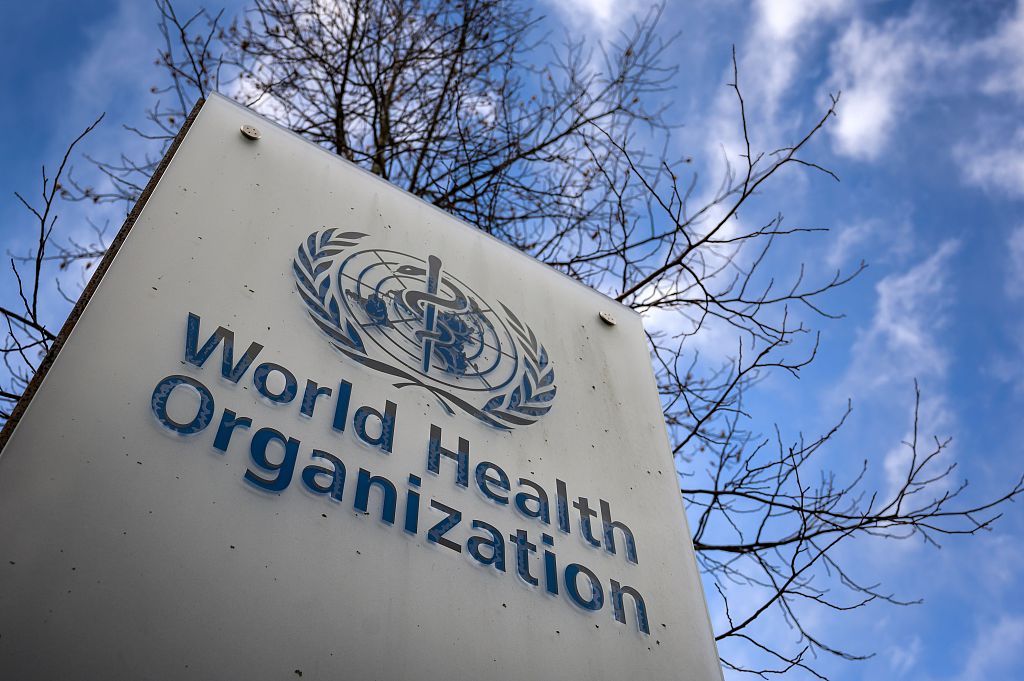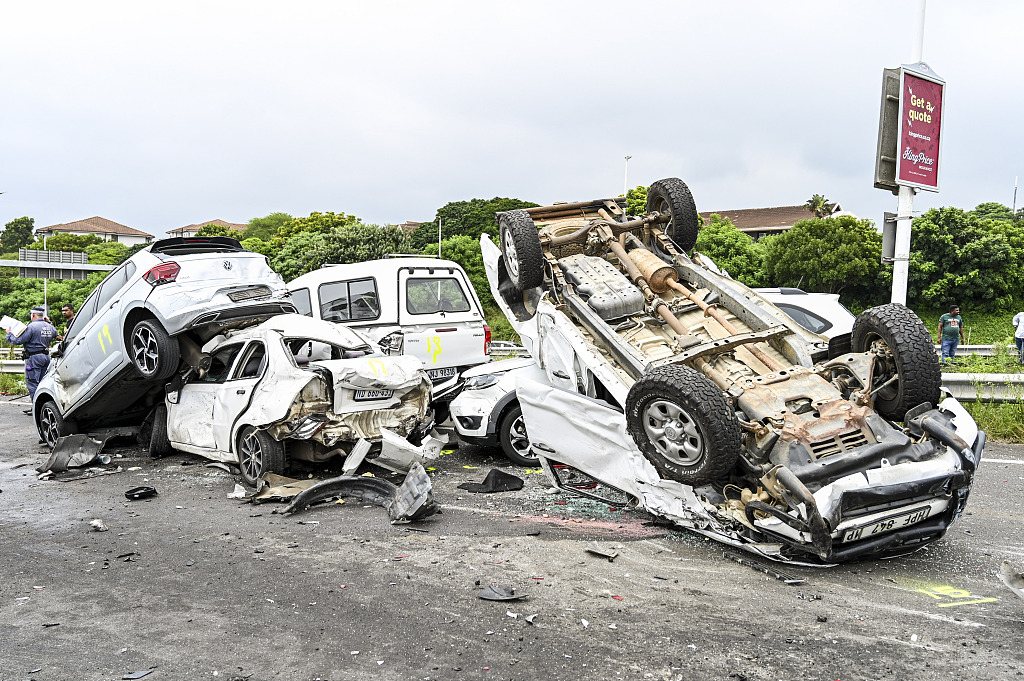
WHO raises concern over rise in road traffic deaths in Africa
Africa recorded a 17 percent increase in road-related fatalities between 2010 and 2021, in contrast to a five percent fall globally in similar fatalities over the same period, according to a report by the World Health Organization (WHO).
This significant increase came despite Africa accounting for only 15 percent of the world’s population, and just three percent of its vehicles.
The report attributed the surge in road traffic death rates to several factors, among them inadequate road safety laws and standards.
Men between the ages of fifteen and sixty-four were the main victims of road traffic crashes. Vulnerable road users, like motorcyclists, cyclists, and pedestrians, were the worst affected. The deaths of motorcyclists in road-related deaths doubled in the past decade.
WHO Regional Director for Africa, Matshidiso Moeti said the findings of the report point to a “serious public health concern for African countries, with hundreds of thousands of lives being lost unnecessarily.”

The report highlighted that no African country currently has laws that meet the best practice standards for the five key road safety behavioral risk factors: speeding, drunk driving, non-use of motorcycle helmets, seatbelts, and child restraints.
It further stated that pedestrian protection remained largely unaddressed despite progress in introducing laws governing vehicular safety. Moreover, only a small percentage of road infrastructure met acceptable standards for various road users and safety ratings were “notably low”.
To help reduce the number of road traffic deaths, the WHO said it will work with countries to improve key road safety pillars, through advocacy, technical support, awareness-raising, and training.
It also proposed sustained efforts to implement interventions to strengthen national road safety strategies in the continent. These include policies that promote sustainable transportation systems, improved legislative road safety frameworks, investment in data management systems, improved post-crash response, and research tailored to Africa’s unique challenges.






